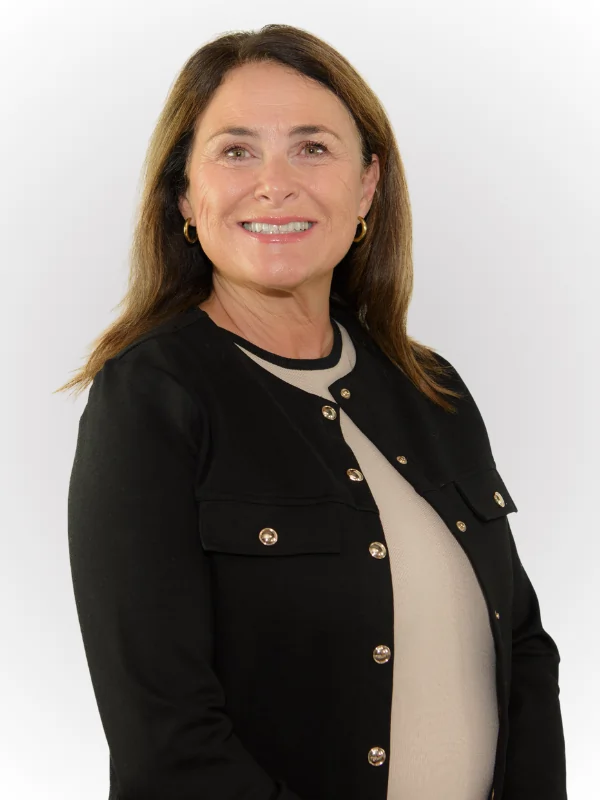The CHI hip surgery review has uncovered serious issues in paediatric care, prompting an apology from CHI and a commitment to reform.

A young person with intellectual disabilities was left in a foster home for some time after allegations of sexual abuse were raised about a foster carer in the home. When alerted to the allegations, Tusla (Child and Family Agency) removed two foster children from the home, but the 19 year old young person remained there for some time after this.
The young person has been identified by the HSE as ‘Client B’ and had been living in foster home in the Cork/Kerry area since 2003.
Client B was finally removed in February this year after safety concerns were raised with the HSE Safeguarding and Protection team. Client B was not alleged to be the victim of sexual abuse.
Tusla earlier declined to disclose how long Client B had been resident in the home following the removal of the other foster children. They wouldn’t say when the concerns had initially been raised either. Although the RTE programme ‘This Week’ were told that the concerns were raised with Tusla before 2016.
The HSE have stated that within a week of being alerted to the abuse concerns, they removed Client B from the residence in question. The HSE went on to say though that there were no current investigations underway into how the 19 year old was left in the foster home after the abuse allegations were made and the two other children removed from the home.
A statement released by Tusla yesterday evening stated:
“Tusla acknowledges the particular vulnerability of young adults with disabilities who are known to our services and the importance of planning and ensuring long-term, safe and stable placements for them, particularly where this requires transitioning to alternative placements on reaching adulthood. In the case of the young adult referred to as Client B, this process was initiated and pursued by Tusla with relevant agencies and this ultimately resulted in a placement change to a specialist disability residential placement under the remit of the HSE.”
Tusla went on to confirm the foster carers in question have had no subsequent foster placements and are no longer providing foster care services.
Safeguarding and Protection teams were set up in 2014 under the HSE’s ‘Safeguarding Vulnerable Adults Policy’ to deal with complaints of abuse involving older people and adults with intellectual disability, This policy was created on foot of recommendations by management consultant Conal Devine’s report into care failings in the ‘Grace’ case reported about earlier in the year.
Since January this year, figures have been released that 1,100 concerns of abuse were notified to teams in the HSE. These notifications relate to concerns about people in residential services and also those living in the wider community.
Of the seven people who were removed from their place of residence in 2015 and 2016, five were taken from the family home, one – Client B was removed from a foster home, while another was removed from a residential centre.
The HSE has stated:
“Serious allegations are given immediate priority and can involved liaison with An Garda Siochana and arranging necessary medical attention.’
Of the 1,100 allegations of abuse notified to the HSE, the Executive said that in 20% of cases, no agreed outcome had been reached as of yet, with 27% of further cases having no grounds for concern, 21% of additional information is required; and in 32% of cases there are reasonable grounds for concern.
Within the 32% of cases that gave reasonable grounds for concern, data indicates that alleged physical abuse accounts for 12%,; alleged psychological abuse accounts for 8%; alleged neglect accounts for 6%; alleged financial abuse at 4%; and alleged sexual abuse at 2%.
The executive says Safeguarding and Protection teams operate a ‘No Tolerance’ approach to abuse claims.

Head of Client Services
F: 1800-844-104
E: [email protected]
”At Coleman Legal, excellence in customer care is paramount. We aim to meet both prospective and existing clients’ needs professionally and in a friendly manner with a clear objective of giving quality legal advice and reaching a positive outcome.”